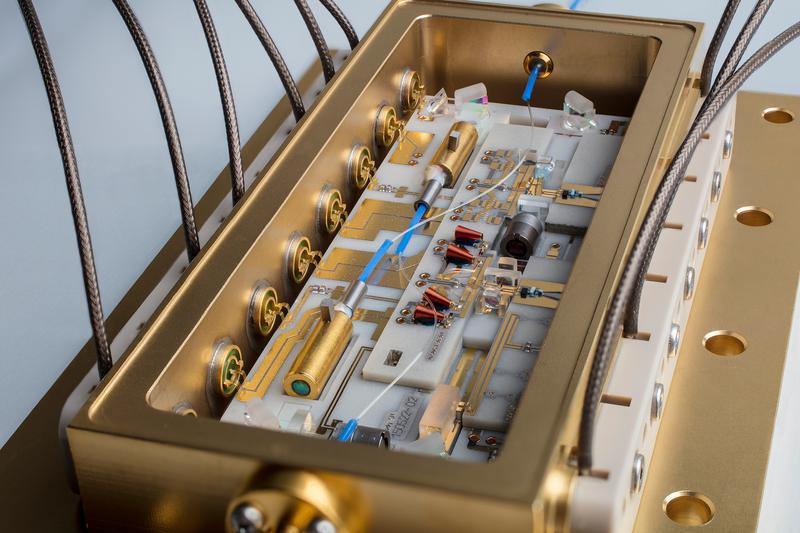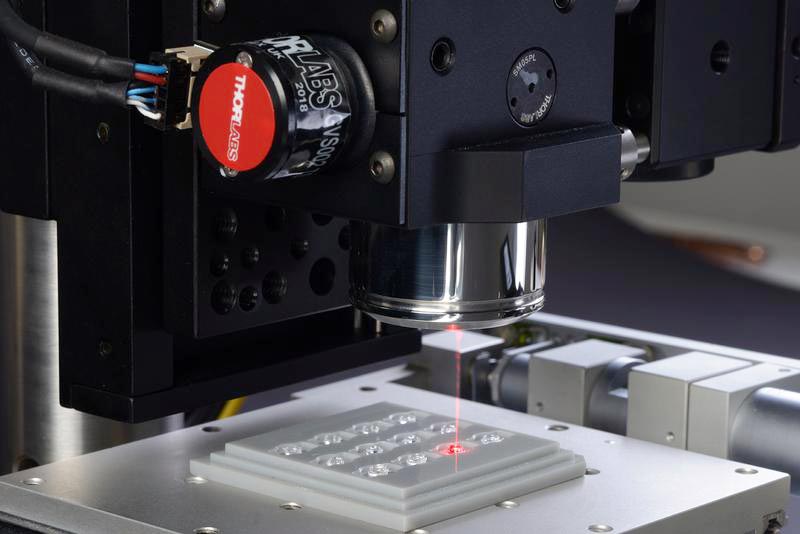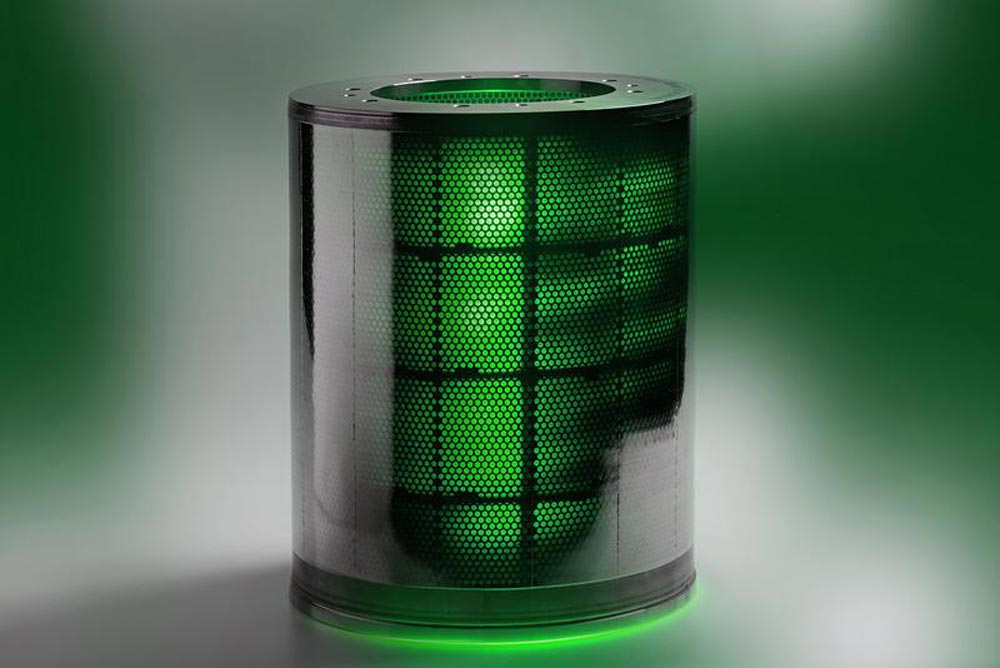

IT Professor Dr. Andreas Dengel (left) and Physics Education Research Professor Dr. Jochen Kuhn
Credit: Thomas Koziel
Secretary of State for Education, Johanna Wanka, wants to promote digitalisation in German schools. In the context of the education initiative for the digital information society, new ideas and concepts are being developed that will make future schooling smarter. For example, digital boards or data goggles will make learning fun.
At the German Research Center for Artificial Intelligence (DFKI) and University of Kaiserslautern, the research team of IT Professor Dr. Andreas Dengel and Physics Education Research Professor Dr. Jochen Kuhn are developing such technologies. One example is the intelligent school book.
“Here, in particular, the book is able to recognise the strengths and weaknesses of pupils at an early stage via integrated sensors”, explains Professor Kuhn, who is currently researching the use of modern media such as tablets and smart-glasses in physics education. “Learning technologies already exist on the market that assess pupils’ knowledge”. But in that case, only learning success plays a role. It would not be possible to test, for example, whether someone requires longer than average to solve an arithmetic problem, due to difficulties with mathematic formulae.
The technology used for the intelligent school book is fairly simple and is thus suitable for learning at school or at home. The content of the book is displayed on tablets or a monitor. An eye tracker is fitted below the display. “This system can track the reader’s eye movements”, explains Dengel, HyperMind project manager, who is professor of knowledge-based systems at the University of Kaiserslautern and manages the DFKI site in Kaiserslautern. “This way, it can detect, for example, areas where more time is spent or what is read more than once”.
In the next step, the researchers intend to analyse this data in greater detail, in order for example, to draw conclusions on learning behaviour and progress. “In the future, this technology will be able to aid early recognition, for example, as to whether pupils need support in a particular subject, which they have not yet fully understood”, Dengel continues.
On the other hand, with this technology it is possible to see what areas a pupil is particularly interested in. “For example, if a pupil looks at a word frequently in succession, the system could provide further information on the word via an internet browser for instance”, Kuhn adds.
The intelligent school book helps to identify strengths and weaknesses and to provide pupils with individual support. The researchers will present their project at the Cebit. They are already collaborating with a school book publishing house. The system is not only suitable for physics, but for all school subjects.
The University of Kaiserslautern and the German Research Center for Artificial Intelligence (DFKI) are working together on utilising the newest technologies for studying, teaching and schooling for years. HyperMind as a sub-project of “U.EDU: Unified Education – Medienbildung entlang der Lehrerbildungskette” is part of the “Qualitätsoffensive Lehrerbildung”, a joint initiative of the Federal Government and the Länder which aims to improve the quality of teacher training. The programme is funded by the Federal Ministry of Education and Research.
Joint press release by University of Kaiserslautern and German Research Center for Artificial Intelligence (DFKI)
Contact persons:
Prof. Dr. Prof. h.c. Andreas Dengel
Scientific Director and Site Head, DFKI Kaiserslautern
Deutsches Forschungszentrum für Künstliche Intelligenz (DFKI) GmbH
Trippstadter Straße 122
67663 Kaiserslautern
Email: Andreas.Dengel[at]dfki.de
Tel.: 0631 20575-1010
Prof. Dr. Jochen Kuhn
Department of Physics/Physics Education Research Group
Tel.: 0631 205-2393
Email: kuhn[at]physik.uni-kl.de
www.physik.uni-kl.de/kuhn/home/
twitter.com/DidaktikPhysik















